Storytelling goes back as far as there is recorded time with humans on the planet. Those early hand paintings on cave walls were the first forms of human beings sharing stories, and we have been doing it ever since. We easily relate to stories, and they help us identify with a situation, an event or the people involved.
You would think it should come naturally to tell stories in our role as business people, but you would be wrong. Most people are averse to using storytelling in the business world for various reasons. Some think they are not good storytellers and avoid the opportunity. Some believe stories are not suited for business discussions. Others refrain from sharing stories because they think serious business people do not want to hear them.
I believe those people are all misinformed. I have found in my long career in executive sales that sharing stories with prospects and clients proved to be a great tool that helped to advance the sales process. Stories are productive not only in the sales world—they have a valuable place in any business setting where people need to gain a more contextual understanding of a problem, process, or opportunity. Facts and figures are wonderful and necessary, but combining them with a clear and concise story makes them much easier to grasp.
Let’s take a deeper look at the reasons why many people do not tell stories in a business setting.
1. ‘I’m not a good storyteller.’
This one fascinates me because we all tell stories regularly, and usually quite well. In our professional communications classes, we often hear this excuse from participants. During a break, I will ask someone who has shared that reason to tell me about their family. Without hesitation, that person tells a perfectly fine story about their spouse, kids, parents, etc. Once I point out to them that they just successfully told a great story, they reconsider their excuse.
People often equate telling a story with having to make one up or needing to provide great detail, both of which make most of us uncomfortable. However, when talking from experience or from the heart, stories flow smoothly and easily. We recommend people make note of things that occur during the day/week that would make good stories for their business, and by doing so, they build up a “story bank” from which to draw valuable material for beneficial stories. Combine that with a passion for helping people understand your point and stories can quickly become your ally.
2. ‘Stories are not suited for business discussions.’
Yes, business is generally serious, and the focus is often on facts, figures and details. A good story can help bring those details to life. Consider this example: Someone is sharing the details of a technical process with an interested group. This person focuses on the facts, the hows, the whats and the forecasted end result.
A second person provides the same presentation as the first but follows it with a story about another group who went through this same process, how it occurred, what happened and how it affected those involved. Which presentation do you think would be better appreciated by those attending? Of course, the second one. A story puts the situation into a better context, allows those in the audience to place themselves in the story and provides validation that the process can work.
3. ‘Serious business people do not want to hear stories.’
This response usually comes from the perception of a “serious C-level executive” telling people “please, get to the point.” Most business people are busy. Some have a personality type that is generally impatient and bottom-line oriented. Even these people respond positively to a story if it is crafted well, concise and directly related to the point at hand. I do not advocate telling long, complicated, detailed stories. I do advocate telling quick, impactful, relatable stories that demonstrate how something can work or be successful or makes sense to do or not do. A good story can be told in one minute, and who doesn’t have time for that?
An example of the value of a good, quick business story I often use is the well-known “two-minute elevator pitch” situation. If you ask 1,000 business people to tell you what their company does, 999 of them will give you what I call the “brochure speech.” “We are the market leader in XYZ widgets, and we provide world-class products, services and support to help companies utilize these amazing widgets.” While all of that may be true, what that person hears is “blah blah blah.” It is nothing they couldn’t read on your brochure.
What if instead, when asked what your company does, you shared a very quick, to-the-point story about how you helped a customer solve a big problem using your solution? Then you followed that with “How do you think we could help your company?” Don’t you think that would get a better response than the brochure? Of course it would!
Stories are an invaluable tool in the board room, meeting room or across the desk, and the better you get at crafting and sharing them at the right time and place, the more effective you can be at communicating your value proposition, idea, project or solution. Stories are not just for the rocking chair on the front porch; they are a serious enhancement to your business communication toolbox.
John Lowe is an Executive Faculty, Coach and Business Presentations Expert at Ty Boyd Inc.
If you’re serious about advancing your skills and making an investment in yourself, we invite you to our Excellence in Speaking Institute. Classes are filling up quickly in 2024 so don’t delay! Visit this page to read feedback from our graduates about their experience.

